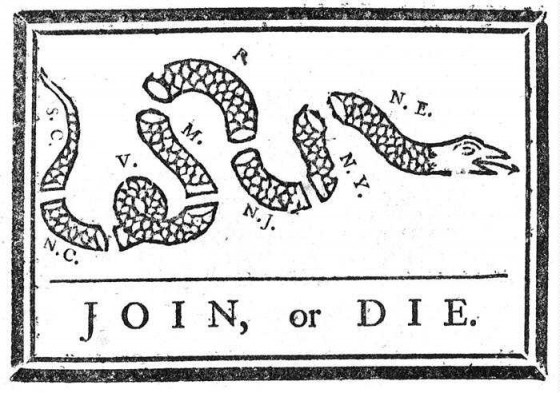The Slumber Party Manifesto
Regardless of how they are sliced, elected officials and the active electorate are unified by voting. Their wants are made, more or less, estimable by their preferences on bills and ballots. For whatever it is worth, they have their say in the matters of the country and it tallies towards something greater. But not only does the Slumber Party go all-out to unite these divided voters for the prosperity of the whole nation, in its endeavors to leave no stone unturned across America’s landscape, the organization also seeks to bring to light an underappreciated component of politics that has stayed in silence: the non-voters. This portion of the American public that does not participate in the electoral process has just as much to gain from the Slumber Party, if not more so, because non-voters are a solid indication of this Union, revealing where it has been and where it is now, by not voicing their opinions; the reasons for declining ought to be preserved, just as much as any voter’s inclinations. Whether they like it or not, non-voters are a part of democracy’s very bedrock because building blocks form on them, which makes it crucial that their place be better determined.
Now, there is a contingent that has no choice. In most states, incarcerated felons forfeit their right to vote, serving long-term sentences of silence, because they have been found guilty of grave offenses. Preferably, they must dedicate themselves to personal reformations before voting on civic ones. But by increasing sleep, the incarcerated can practice both personal and civic functions simultaneously while in jail. Yielding themselves to this worthwhile venture, the prisoners can sleep away as much of their sentence as possible, and, by doing so, peacefully mitigate any passions and troubles that might have driven them to criminal lengths. Then, once awakened, they can tackle the many problems about themselves and, if they strive hard enough, they can really mean business by appealing to parole boards and courts (embodied by an eye-masked Lady Justice) which approve of the correctional power that productive rest can bring to so many. And, to top it off, resting prisoners will require fewer provisions over time and be less draining on law-abiders, who foot the bill for the vigorous prison structure that holds the highest incarceration rate in the world. So even though the incarcerated have lost the right to vote, sleeping can be their own unique vote of confidence that this rehabilitation system works for them and they are ready to re-integrate into a society that protects the right to vote for all the free.
But most non-voters who retain the right do not exercise it because they have other things on their minds that take precedence over local, state, and federal concerns. Various non-voters, caught between a rock and a hard place, have enough to contend with on a daily basis and are simply too busy to vote on Election Day. They think the life choices that already encumber them, from mounting debt right down to underemployment, have no real bearing on other elections, especially when they have so little to offer. And accordingly, they save their vote for another day. For others, personal business trumps the usual ones in politics, so they concentrate on individuality, trusting it is more under their own influence. As a result, they take a meaningful stand by not voting, even if that means this group of bystanders are by themselves. Conversely, some non-voters are so apathetic to the process that they ensure their votes do not amount to anything. These non-voters refuse to fall in line, not to single themselves out on the merits of what they believe is right, but because they cannot find the energy to make a similar stand there. Even so, their non-votes hold up the same against any others.
All in all, non-voters figure into a silent majority that could enjoy a better place in the Slumber Party, along with the rest. Under its auspices, the non-voters could achieve the best possible versions of themselves because, when sleeping silently, they can finally get the treatment they deserve. The non-voters, once buried, can now decrease stress through sleep, leading to a release from what had formerly depressed them in life. The individual non-voters, resting to a renewed perspective on their own positioning within society, can dig in a little deeper and take their stand to the limit—to complete self-ownership by voluntarily taking themselves out of politics. And the apathetic can be even colder and more unresponsive. And, subsequently, the gravity of voter turnout drops on down when non-voters turn in.




